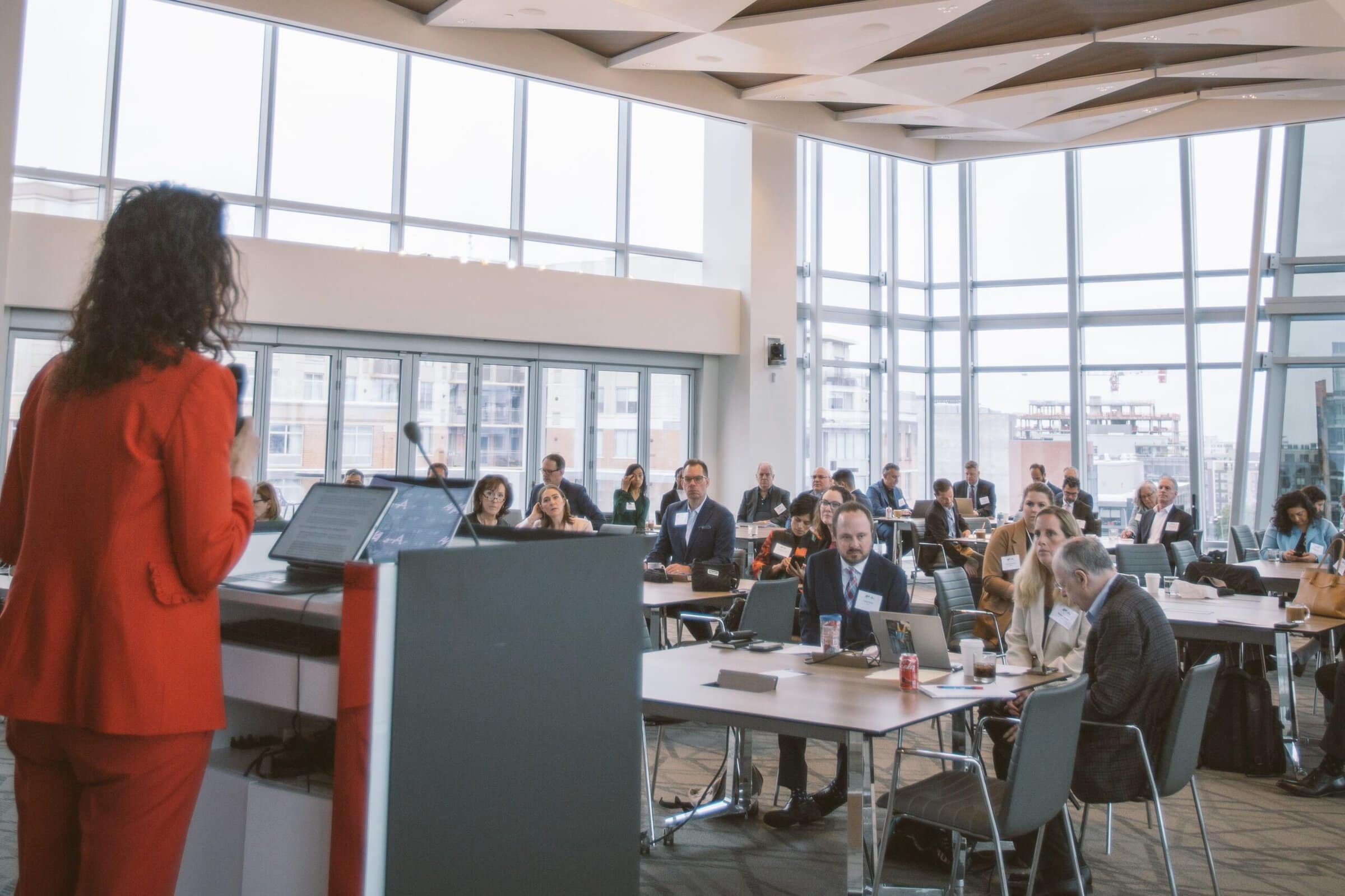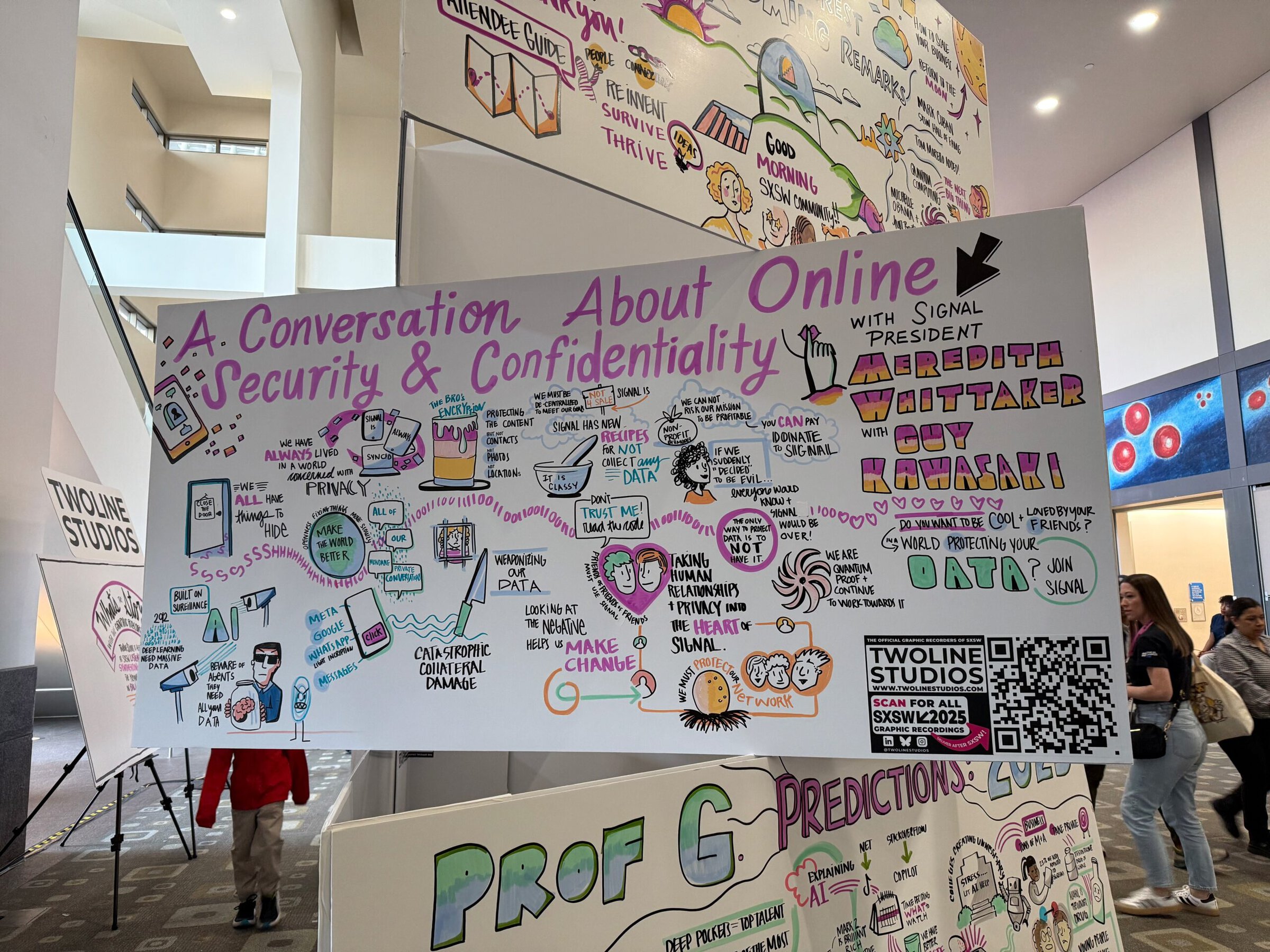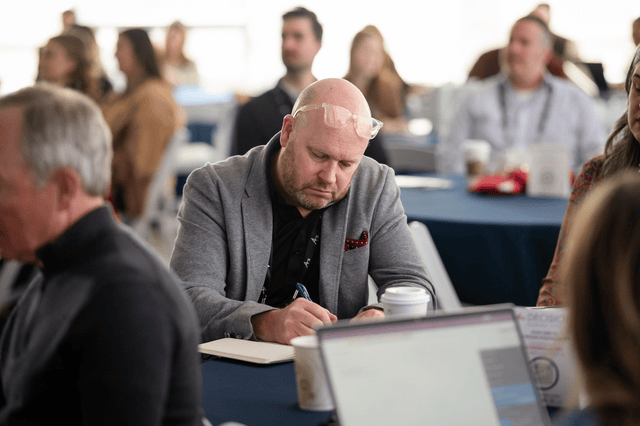Author
Alison Pepper
4A's EVP, Government Relations & Sustainability
Topic
- Artificial Intelligence
- Government Relations
- Regulations
In the 2025 legislative session, Arkansas took action to address the burgeoning impact of artificial intelligence (AI), enacting two bills with significant implications for various industries, including advertising. These bills, AR HB 1876 and AR HB 1071, tackle distinct of AI: intellectual property ownership and the protection of publicity rights.
AR HB1876: Ownership of AI-Generated Content and Model Training
This bill, which has passed by the state legislature and is awaiting signature from Gov. Sarah Huckabee Sanders (R), establishes clear guidelines regarding the ownership of content and the underlying model training produced by generative AI tools. This legislation offers crucial clarity in three key areas including:
- Individual Rights over AI-generated content: It states that any individual who provides the input or directive to a generative AI tool owns the resulting model training and generated content as long as the content does not infringe on existing copyright or intellectual property rights.
- AI Model and Training Data Ownership: If an individual utilizes a generative AI tool to perform model training, ownership of the resulting model vests in the person who supplied the data or input for the training—so long as the data was lawfully obtained and no transfer of ownership rights to another party has occurred.
- Employer Rights over AI-generated content: It clarifies ownership rights of GenAI works in the context of employment. Specifically, it states that when an individual is employed by an organization or person and is instructed to utilize a generative AI tool for the purposes of model training or content generation as part of their job duties, any resulting training data or generated content will be owned by the employer—provided that the use of the AI tool falls within the scope of the individual’s employment and occurs under the employer’s direction and control. This bill reinforces traditional “work made for hire rights” found in existing federal copyright laws.
The importance of this bill for the advertising industry lies in its provision of a legal framework for the ownership of AI-driven creative output. This bill provides a foundational understanding of IP ownership rights, facilitating smoother workflows and clearer contractual agreements.
AR HB1071: Expanding Publicity Rights in the Age of AI
Enacted into law in February, AR HB 1071 amends the Frank Broyles Publicity Rights Protection Act of 2016 to explicitly include AI-generated reproductions within the scope of protected likeness and voice. More specifically the bill provides:
- Protection Against Unauthorized AI-Generated Representations: The bill ensures that an individual’s image, likeness, third-dimensional generation, and now, their AI-simulated voice, cannot be commercially used without their consent.
- Legal Recourse to Challenge Unauthorized Use: Arkansas residents now have a legal foundation to challenge unauthorized AI-generated content that mimics their likeness or voice for profit through legal avenues such as injunctions and seeking damages for further use.
- Broader Definition of Likeness and Voice: By explicitly including AI-generated reproductions and simulated voices, the bill modernizes publicity rights for the digital age.
This law is important for the advertising industry as it addresses the potential for misuse of AI to create unauthorized and potentially damaging representations of individuals for commercial gain. Agencies must ensure they have proper consent before using AI to replicate someone’s image or voice in their campaigns. Failure to do so could result in legal repercussions.
The legislation also establishes a framework for how states might approach the evolving relationship between technology and personal privacy. Arkansas could serve as a benchmark for other states facing comparable challenges, potentially resulting in a varied legal landscape nationwide. Other states have recently passed legislation to prevent unauthorized digital replicas including Tennessee, Illinois, California, New York, Utah, and Montana.
Not all state legislation concerning digital replicas is limited to the right of publicity. In New York, lawmakers are reviewing a proposal (NY AB 606/SB 1228) that would mandate disclosure in advertisements when a synthetic performer is used. In Massachusetts, two separate bills have been introduced—one (MA HD 398) creating a cause of action for the unauthorized commercial use of an individual’s likeness, and another (MA HD 3986) requiring specific contractual terms related to the creation and use of digital replicas. Although digital replicas are not explicitly mentioned, bills in Oklahoma (OK HB 2216) and South Carolina (SC HB 3404) prohibit unauthorized use of an individual’s likeness “in any medium in any manner” and impose penalties for such violations.
Protecting the digital replica rights of children is also trending among state lawmakers. Legislators in New Mexico have proposed a bill (NM HB 221) aimed at regulating the commercial deployment of digital replicas, incorporating specific guidelines governing the use of such replicas when they depict minors. Similarly, lawmakers in Maine are advancing legislation (ME LD 230) that takes a more targeted approach, seeking to prohibit the use of AI-generated images of real minors in advertising materials.
Have questions about AR HB1876 or AR HB1071? Please contact Alison Pepper, 4As EVP of Government Relations & Sustainability.





